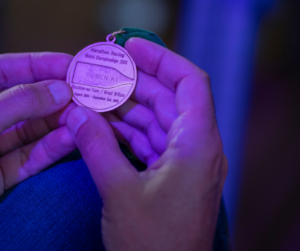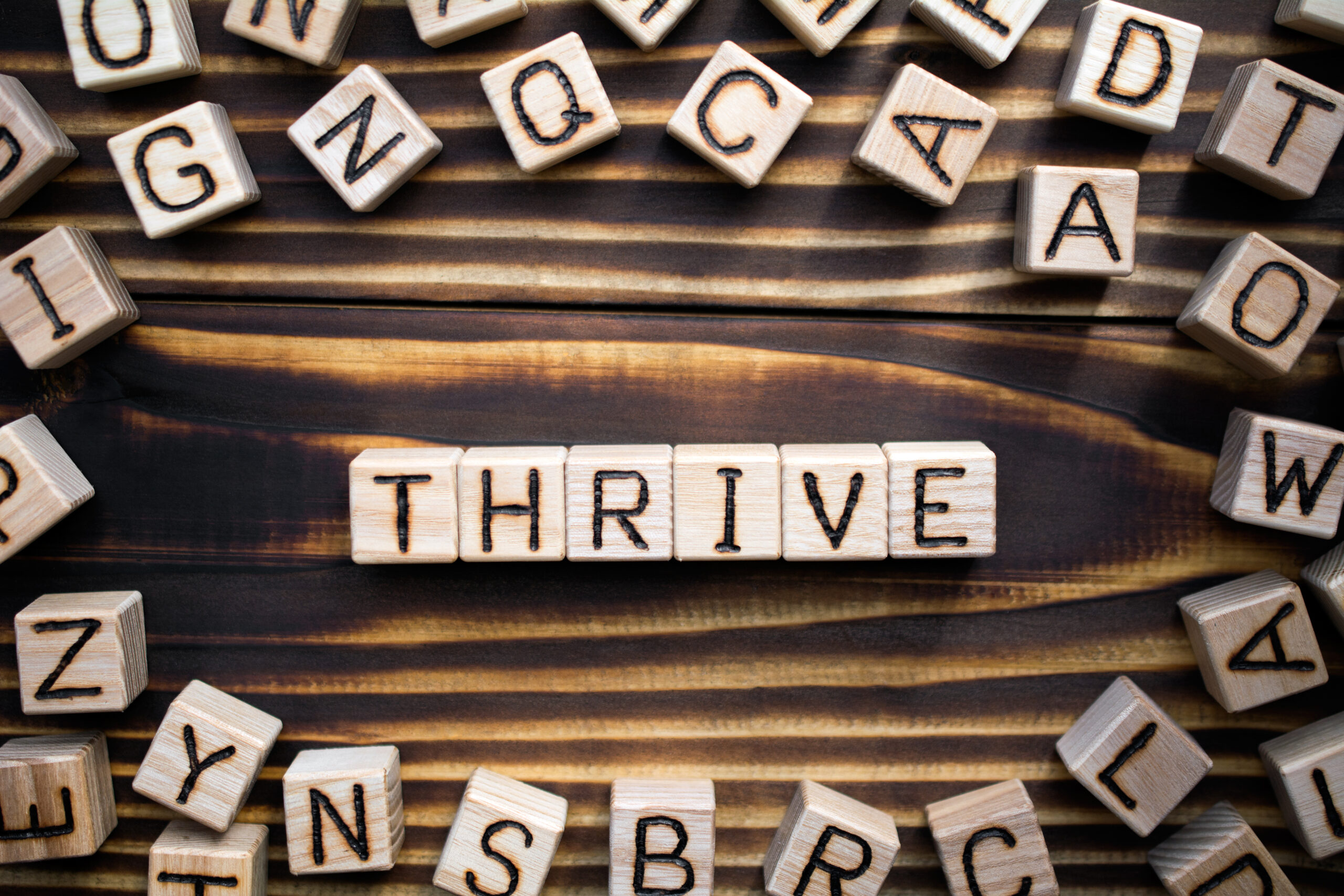Why habits are the secret to sustained high-performance
In the world of high performance—whether in sports, business, or life—success isn’t a matter of luck. It’s the result of consistent actions, day in and day out.
As an elite athlete, I came to realise that habits are the foundation of success. They’re what separates those who achieve their goals from those who fall short.
“Winning isn’t a one-time thing, it’s an all-time thing.”
I often say this and I stand by it. You can’t just give 100% occasionally and then expect to deliver your best performance when it counts. True excellence requires consistency, and that consistency is built on the habits you create and stick to every single day.
Here’s where they get their power:
1. Habits build consistency
Consistency is the key to mastery in any field. Whether in elite sport, leading a team, or striving for personal growth, you can’t expect success from sporadic effort. Habits are the foundation for consistency.
When you build habits into your routine, they become automatic. My Olympic journey taught me this firsthand. Every training session began with a warm-up routine – half on land, half on water – and ended with a structured cool-down. As a young athlete, I occasionally skipped these “boring” parts. But when I committed to reaching the highest level in my sport, these bookends became non-negotiable.
My coaches made this transformation easier by never allowing exceptions. Soon, warming up and cooling down weren’t choices I debated – they were just part of training, as natural as showing up. This is the power of habits, when they’re automatic you don’t have to rely on motivation or willpower to make good choices—you’ve hardwired those choices into your daily life.
Think of habits as compound interest for performance. Small, consistent actions, repeated daily, create extraordinary long-term results. Whether it’s practicing active listening as a leader, perfecting a skill, or taking time to reflect at the end of the day, the habits you build ensure that you’re consistently doing what’s needed to reach your potential.
2. Habits reduce decision fatigue
As a high performer, you’re constantly making decisions—about your work, your goals, and how to navigate life’s challenges. But every decision you make depletes your mental energy. That’s where habits come in.
Here’s a real example: When my son started kickboxing, I’d often spend that hour chatting with other parents in the coffee shop, despite my gym being next door. Each week brought the same mental debate: Should I work out? Do I have enough time? Am I too tired? Wouldn’t socializing be more enjoyable?
Then I made a simple commitment: hit the gym every Wednesday during his class for one month. No decisions, no debate. Now, when he packs his kickboxing gear, I automatically grab my gym bag. That’s one less decision to make, one less internal negotiation to drain my energy.
By turning key behaviors into habits, you reduce the number of decisions you need to make each day. You’ve already built those actions into your routine so that they automate important behaviors, preserving your mental energy for decisions that truly matter. This is how habits supercharge performance.
3. Small habits create big results
The beauty of habits is that they don’t have to be monumental to make a difference. In fact, it’s often better to start small. Tiny changes, done consistently, have the power to create lasting transformation.
Maybe it’s as simple as committing to a five-minute morning meditation, scheduling short breaks away from your desk, or connecting with a team member for a weekly coffee. These small actions might not seem groundbreaking at first, but over time, they build momentum. As they become ingrained in your daily life, they create a ripple effect, improving your focus, well-being, and performance.
What’s the one small habit that could make a big difference in your life? Think about it. It doesn’t have to be something huge to start with—it just needs to be consistent.

How to build habits for success
Building effective habits isn’t about overhauling your life all at once. It’s about making small, manageable changes that you can stick with over time. Here’s how to get started:
1. Start small and be specific
When introducing a new habit, keep it simple. Instead of setting vague goals like “I’ll exercise more” or “I’ll eat healthier,” focus on specific, achievable actions. For example, you could commit to walking for 10 minutes after lunch or say you’re in sales, you commit to 5 minutes of reflection after a client meeting (perhaps on your way home/or to the next meeting) asking yourself, what went well, what could have been better and what could you do differently next time.
Starting small is key because it’s easier to maintain and build upon. Once the habit becomes automatic, you can increase the intensity or add new layers to it. The important thing is to create a foundation of consistency.
2. Attach the habit to an existing routine
One of the most effective ways to establish a new habit is to tie it to something you already do. This is called habit stacking. For instance, if you want to incorporate stretching into your day, you could do it right after brushing your teeth in the morning or the evening.
By attaching your new habit to an established routine, you make it easier to integrate into your life. The existing habit acts as a trigger, prompting you to take action without having to think about it.
3. Track your progress
Tracking your habit can be incredibly motivating. Whether it’s keeping a journal, marking days on a calendar, or using an app, tracking your progress provides a sense of accomplishment and accountability. Each time you complete your habit, you’re reinforcing the behavior and strengthening your commitment.
Plus, seeing how far you’ve come serves as a reminder of why you started in the first place and encourages you to keep going, even on days when it feels difficult.
4. Be patient and adaptable
Building habits takes time. Studies show that it can take anywhere from 21 days to two months (or longer) to form a new habit, depending on the complexity of the behavior and individual differences. The key is to be patient with yourself and allow the habit to evolve naturally.
If you stumble, don’t get discouraged. Life happens, and there will be days when things don’t go as planned. Instead of abandoning the habit, treat each day as a fresh start and refocus on the small, consistent actions that will lead to long-term success.
Your small habit, your big difference
So, what’s the one small habit you could build into your day that would make the biggest difference? It doesn’t have to be anything grand. In fact, starting small gives you the best chance of success. Whether it’s setting aside time for personal reflection, committing to regular team check-ins, or ensuring you get up and move throughout the day, small habits can drive huge performance gains over time.
As you think about what you can incorporate into your routine, remember this: high performance isn’t about one-off wins or fleeting motivation. It’s about the habits you cultivate, the actions you take daily, and the consistency you commit to.
I’d love to know—what commitment will you make today to start building the habits that will take you to the next level? What small change will you make to see the difference you’ve been waiting for?
If you need support changing your habits, defining your goals or embedding consistency then please contact us to discuss further.
Published: Monday 10 February 2025
Written by: Anna Hemmings, MBE, OLY.



